A beginner’s guide to esports
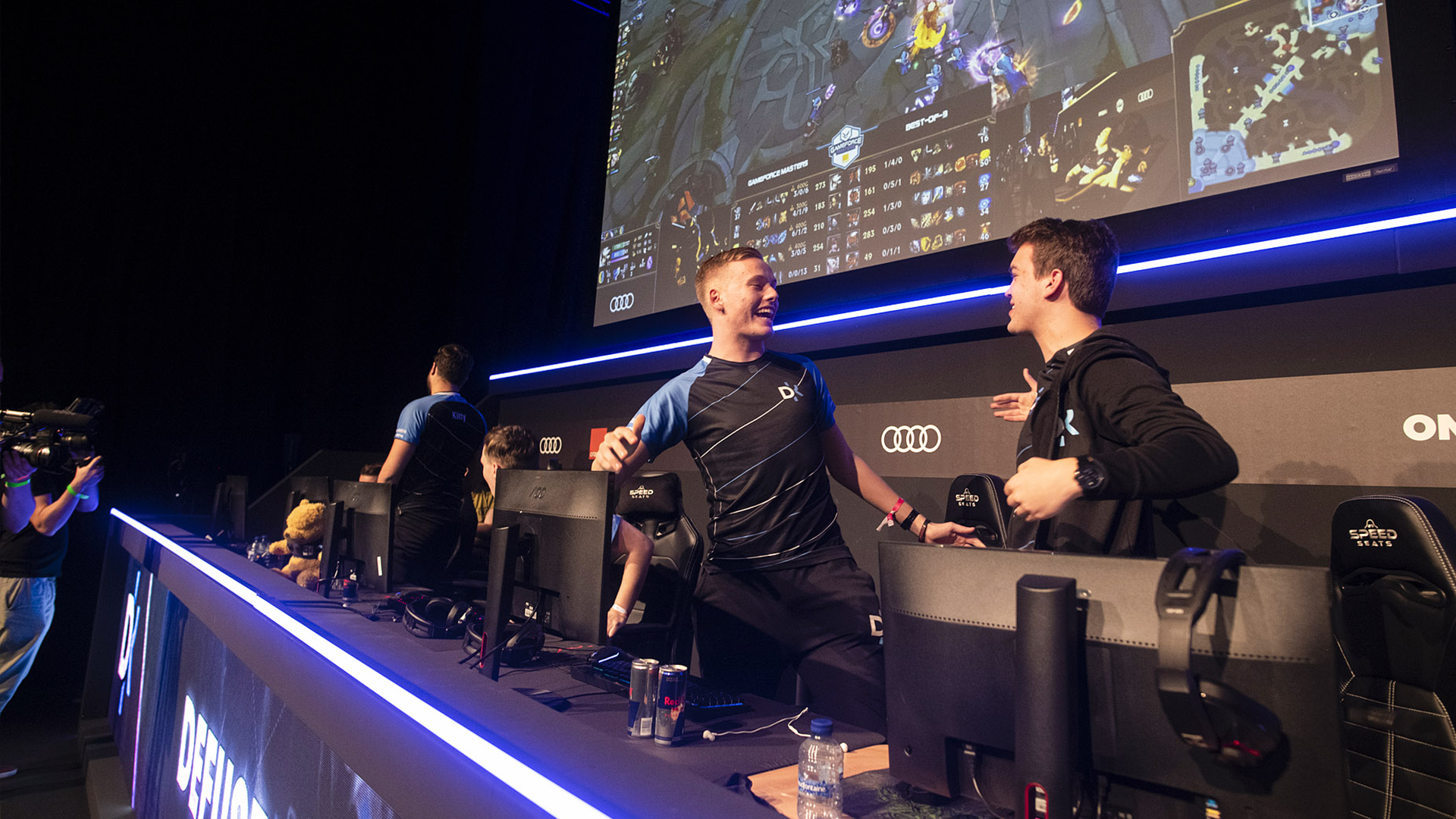
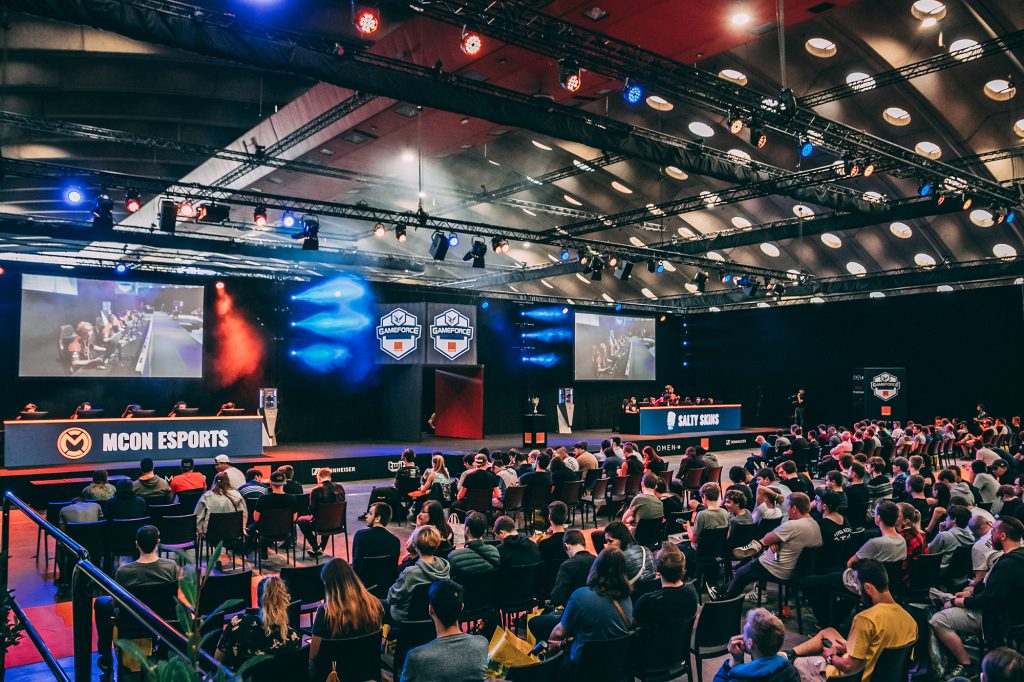
The evolution of esports through the years
Esports wasn’t always as big as it is now but the first gaming tournament can be traced back as far as 1972, when players competed mostly for the fun of it. Back then competitive gaming was mostly enjoyed by a small crowd of enthusiasts. As the internet continued to grow and more people discovered the competitive side of gaming, the esports scene began to flourish. More and more tournaments and competitions started popping up and the esports industry became a booming one, gaining more investors and mainstream interest. Recent estimates have even projected the revenue from the esports industry to reach 1.8 billion dollars by 2022.
Nowadays the biggest tournaments attract millions of viewers worldwide through games such as Counter-Strike, League of Legends, Dota 2 and Rocket League. One of the best examples of the size of modern esports are the finals of the 2019 League of Legends World Championship, where the two best teams in the world battled it out in front of tens of thousands of people in the venue. On top of that, the series was watched by 44 million (!) viewers all over the world.
ABOUT BELGIUM

The Belgian esports scene also got noticed by multiple companies, who saw a perfect opportunity to reach a new audience through collaborations. Some notable examples are the partnerships between Burger King and The Belgian League (the Belgian League of Legends competition) and the one between Audi and GameForce Masters.
Our Belgian football teams also followed in the footsteps of other foreign clubs by establishing their own presence in the esports landscape. Teams like RSC Anderlecht, KV Mechelen and KRC Genk have teams for multiple different games such as FIFA (ePro League) and League of Legends (Belgian League).
How do you watch esports?
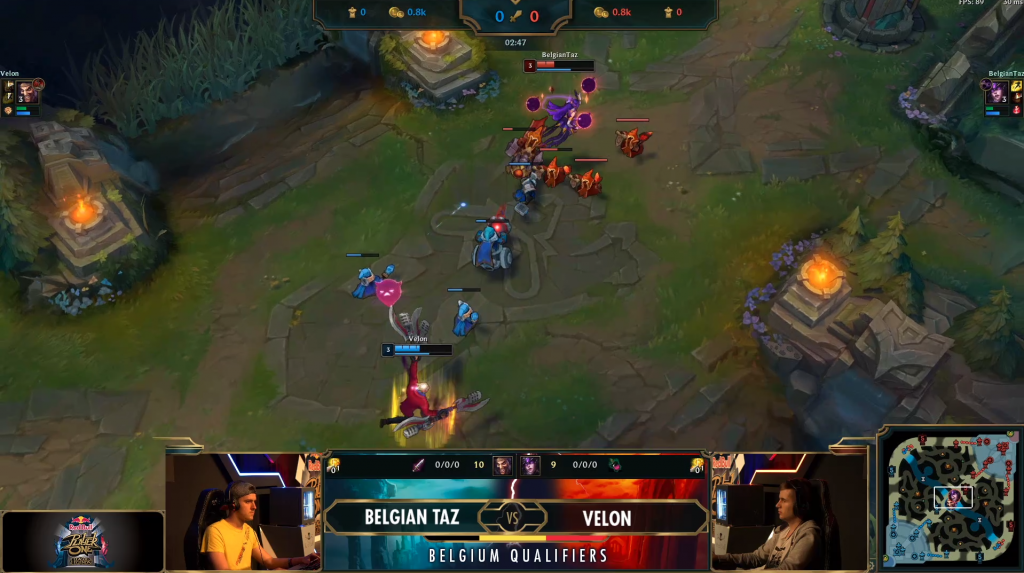
The advantages of competitive gaming

A short-lived hype or here to stay?
News Articles

BSL Season 6: The Champions are known

BSL: Getting to know the students

Season 6 of the Belgian Student League!
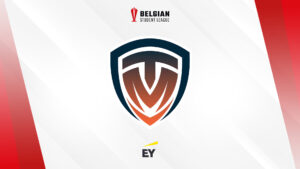
Meet the teams: Thomas More Gaming
































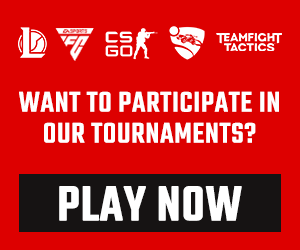


 The Belgian Student League website uses cookies to improve your experience. For more info read our
The Belgian Student League website uses cookies to improve your experience. For more info read our